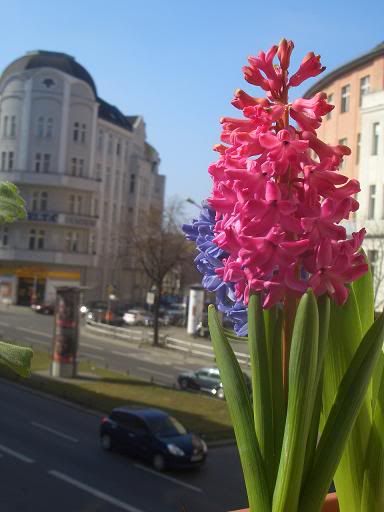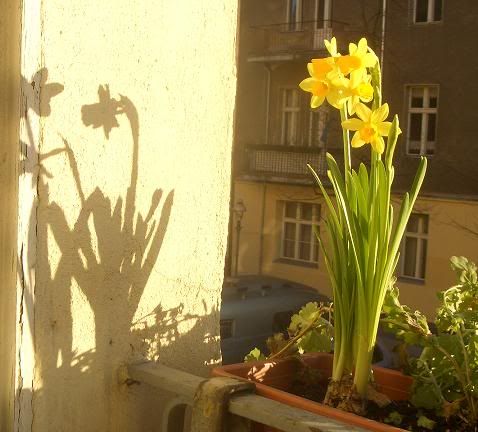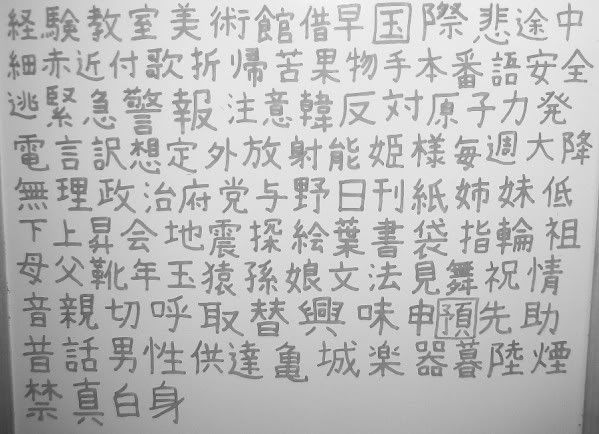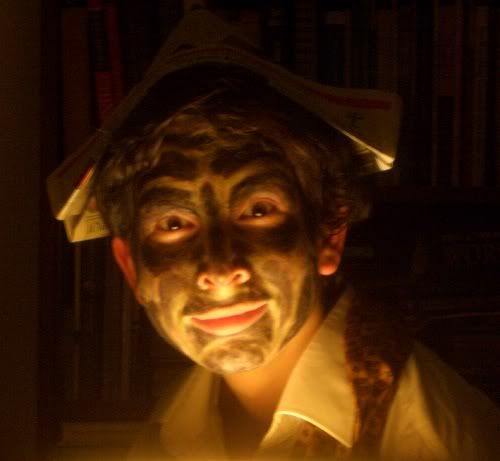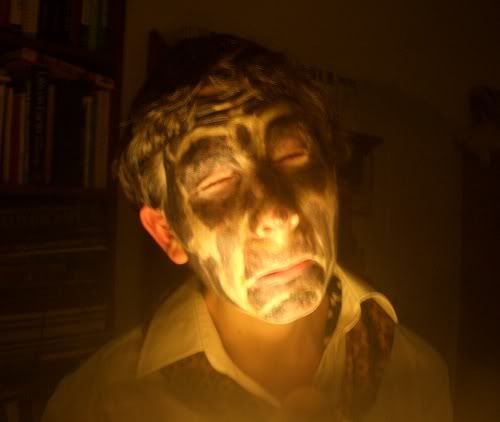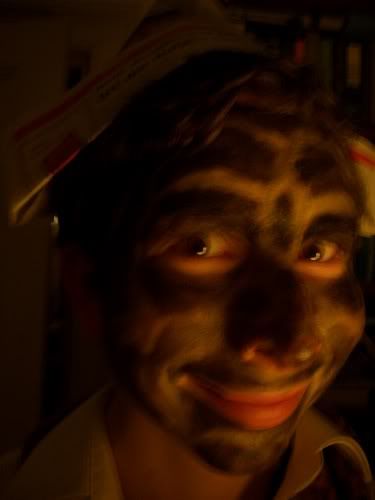The Korean Rabbit Hole and Thoughts on Fame
My latest post was about learning Japanese, and I'd previously mentioned an interest in anime and J-dramas (Japanese TV shows), so it may not come as much of a surprise that I've recently -- belatedly -- developed an interest in Korean culture as well.
During my Japanese phase, which I'd say ended a little over 10 years ago, I'd already dabbled in Korean manhwa (the equivalent to Japanese manga; i.e. comic books) and K-dramas (Korean TV shows), but the Korean language didn't appeal to me as much at the time. I preferred the simpler phonetics and interesting alphabet system that Japanese offered, and it was the more useful language to learn given that I was still primarily consuming anime and manga.
In terms of music, I only remember listening to some J-pop, and even then it was limited almost entirely to anime music (openings, endings and soundtracks in general).
However, at some point last year, my social media feed started featuring "random play" dance events like this one, where people gather in public to dance along to snippets of K-pop hits, each of which has a unique choreography that the participants learn beforehand. Since the songs were designed to be catchy to begin with, paired with memorable choreography and re-encountered several times as I scrolled through my feed, it wasn't too long before I started seeking out K-pop playlists to listen to during work.
Initially, I was only interested in the music itself and the dancing -- not so much the lyrics or the artists as people. However, like many before me, one of the first K-pop idols (entertainers/stars) who did end up catching my eye and ear was Felix from Stray Kids. My curiosity about him soon spread to the rest of the Stray Kids members, and I found that they have a lot of content to explore. Although I started with official interviews and fan-made compilation videos, what I've found the most interesting so far are their dance practice videos, e.g. for Chk Chk Boom, and the 2 Kids Room chats between the members.
While consuming all of that content, as well as some content from other groups (mainly Ateez), I concluded that are two main fame-related elements that make me uncomfortable:
- The pressure on famous people to convincingly pretend that they like things or people that they don't actually like.
- People behaving toward famous people in over-the-top ways, e.g. objectifying them, exaggeratedly praising them or screaming.
Regarding the first element, I suppose that everyone feels this kind of pressure to some degree, but the dynamic and the stakes are very different. Non-famous people would typically be dealing with other individuals who can be reasoned with, whereas famous people are dealing with the media (which may or may not convey situations accurately) and masses of people (at least some of whom are bound to react negatively no matter what). Two people can agree to be straightforward with each other, or they can reconcile after a tactless remark, but that becomes less and less feasible the more people are involved. So it seems to me that famous people have little choice but to be fake to some degree.
With this and the second element in mind, I tend to find any fan-related remarks (thanking the fans, etc.) uncomfortable. Even though it makes sense that famous people attribute part of their success to their fans, that they appreciate the energy that fans bring to events like concerts, and that they have had many positive fan encounters that they remember fondly, it's hard for me to imagine those positive feelings not being poisoned by negative fan encounters and by the pressure to please (or simply by being bombarded with so much positivity for so long that it starts being taken for granted).
Part of what I enjoyed about the 2 Kids Room chats is that the two elements above were barely present, if at all. There was still some pressure for the members to compliment each other, but it was easier for me to believe that they were sincere for the most part.
To return to the topic of the Korean rabbit hole:
Toward the end of last year, I had also noticed some K-drama recommendations on my streaming service's home page, but it wasn't until the beginning of this year that I finally gave one of them a try. I was immediately hooked and have watched nearly 40 K-dramas since then.
As had been the case with Japanese, I naturally started picking up some Korean vocabulary and began to want to learn more so that I could better understand nuances (especially related to formal vs. informal speech or different dialects) and jokes.
I started learning the Korean alphabet (Hangul) around March, and then more seriously started trying to learn the language via the LingoDeer and Duolingo apps about three weeks ago. I had already paid for a lifetime LingoDeer account back in 2022, and I like how it introduces the vocabulary and grammatical concepts in a clear and incremental way. However, it is a little on the dry side and a little lacking in variety, so I'm supplementing it with Duolingo while my two-week trial subscription lasts. I'll probably stop using Duolingo after that because the free version seems too frustrating. I could theoretically start paying for a subscription, but I don't like that there's no option to be stricter about typos (considering that they're often actually mistakes on my part) and that the app doesn't explain concepts along the way. I find it a lot easier to remember things when I can slot them into a theoretical framework rather than just memorizing them in isolation.
It's still early days, but one of the things I've found most challenging so far is distinguishing similar-sounding consonants (e.g. ㅈ/ㅊ, ㅁ/ㅂ/ㅍ, ㄴ/ㄷ) and vowels (e.g. ㅐ/ㅔ). I also haven't fully understood how "final consonants" work or when and how letters are pronounced differently.
On the other hand, I've enjoyed encountering the occasional Korean vocabulary word that closely resembles its Japanese equivalent due to the shared Chinese influence. For example, the Korean word 약속 ("yagsog") for "promise" sounds similar to the Japanese 約束 ("yakusoku"), and the Korean word 신문 ("sinmun") for "newspaper" sounds similar to the Japanese 新聞 ("shinbun").
Realistically, I don't expect this new Korean phase to last anywhere near as long as the Japanese one did, but I feel like I've already learned a lot and I'm glad that I embarked upon it.

